EDITORIAL
Published on 25 Sep 2024
Editorial: Advances in the treatment of hormonal receptor positive (HR+) breast cancer
doi 10.3389/fonc.2024.1449566
- 425 views
8,281
Total downloads
28k
Total views and downloads
Select the journal/section where you want your idea to be submitted:
EDITORIAL
Published on 25 Sep 2024
CASE REPORT
Published on 01 Feb 2024
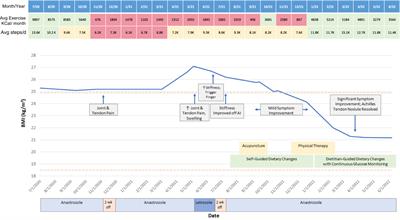
CASE REPORT
Published on 23 Jan 2024

ORIGINAL RESEARCH
Published on 19 Dec 2023
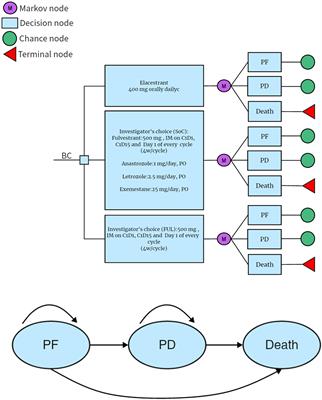
REVIEW
Published on 27 Sep 2023
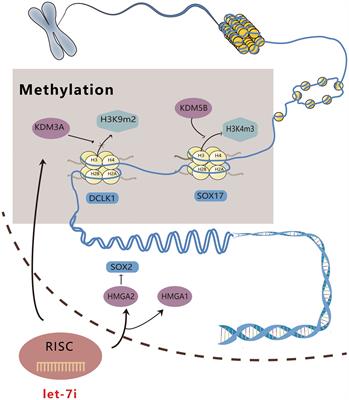
ORIGINAL RESEARCH
Published on 28 Aug 2023
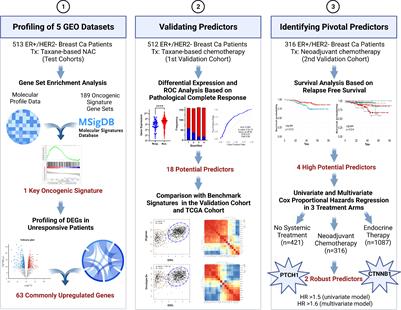
CASE REPORT
Published on 28 Aug 2023
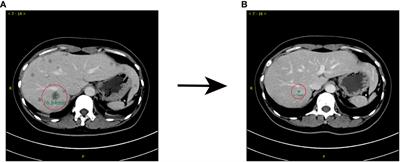
ORIGINAL RESEARCH
Published on 15 Aug 2023

REVIEW
Published on 07 Jul 2023

ORIGINAL RESEARCH
Published on 03 May 2023

REVIEW
Published on 01 May 2023

ORIGINAL RESEARCH
Published on 27 Apr 2023

